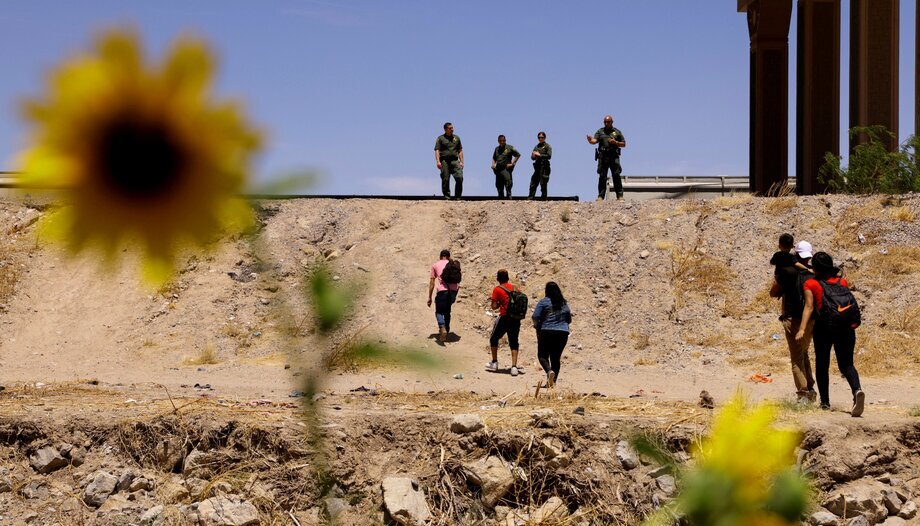It is the Pope, in the first person and in the foreground, who poses the direct question: What does it mean to put the most vulnerable at the center? This question opens the video published as part of the communication campaign promoted by the Section for Migrants and Refugees. This section belonging to the Dicastery for the Service of Integral Human Development of the Holy See, has made it public on the occasion of the 108th World Day of Migrants and Refugees, scheduled for Sunday, September 25, 2022.
In it, the Pope exhorts us to build an inclusive future, a future for all in which no one should be excluded, especially the most vulnerable, such as the poorest and the most vulnerable. migrantsrefugees, displaced persons and victims of trafficking.
The Holy Father encourages listening to the testimonies of those directly affected, such as that of the young Venezuelan migrant, Ana, who, thanks to the help of the Church, has rebuilt a new life in Ecuador with her family.
Pope Francis' invitation is addressed to everyone. It is therefore possible to answer the question "What does it mean to put the most vulnerable at the center?" with a video or a photo, by writing to. media@migrants-refugees.va or by interacting on the social networks of the Migrants and Refugees Section.
The World Day of Migrants and Refugees
"During the run-up to the 108th World Day of Migrants and Refugees, the Migrants and Refugees Section," the press release notes, "will be happy to receive written or multimedia testimonies and photographs from local Churches and other Catholic actors presenting their common commitment to the pastoral care of migrants and refugees."
The Church has been celebrating World Migrants and Refugees Day since 1914. It is an opportunity to show concern for the different categories of vulnerable people on the move, to pray for them as they face many challenges, and to raise awareness of the opportunities offered by migration. Each year, the GMMR is celebrated on the last Sunday of September; in 2022, it will be celebrated on September 25. The title chosen by the Holy Father for his annual message is "Building the future with migrants and refugees".
On May 20, in a message to the International Catholic Migration Commission, Pope Francis urged the Church to "serve everyone". He also encourages to "work tirelessly for the construction of a future of peace", especially for those who flee, who must be welcomed, protected and loved.
He highlighted the efforts made over the past 70 years and, in particular, "to help the Churches respond to the challenges of the massive displacement caused by the conflict in Ukraine."
"This is," the Pope noted, "the largest movement of refugees that has taken place in Europe since World War II."
The text of the message also mentions "the millions of asylum seekers, refugees and displaced persons in other parts of the world, who desperately need to be welcomed, protected and loved."
This emergency places the Church in a situation service and listening positionbut also to commit to "work tirelessly to build a future of peace".
The Dicastery for the Service of Integral Human Development
Hence the indication of some guidelines such as the importance of the common commitment to "welcome, protect, promote and integrate migrants and refugees". Francis also recalled that the Commission, in its apostolic constitution Praedicate Evangeliumis placed within the competencies of the Dicastery for the Service of Integral Human Development, "so that its nature and mission may be safeguarded in accordance with its original principles".
Another important indication is to encourage the development and implementation of pastoral projects on migration. To this is added the specialized formation of pastoral agents in the field of migration, "always at the service of the particular Churches and according to their own competencies".
A task that the Pope defined as "ad intra". Outwardly, "ad extra", the Commission must offer specific programs capable of responding to global challenges, while also carrying out promotional activities.
Finally, it is committed to "a broad international awareness of migration issues, to encourage respect for human rights and the promotion of the dignity of persons according to the orientations of the Church's social doctrine".








